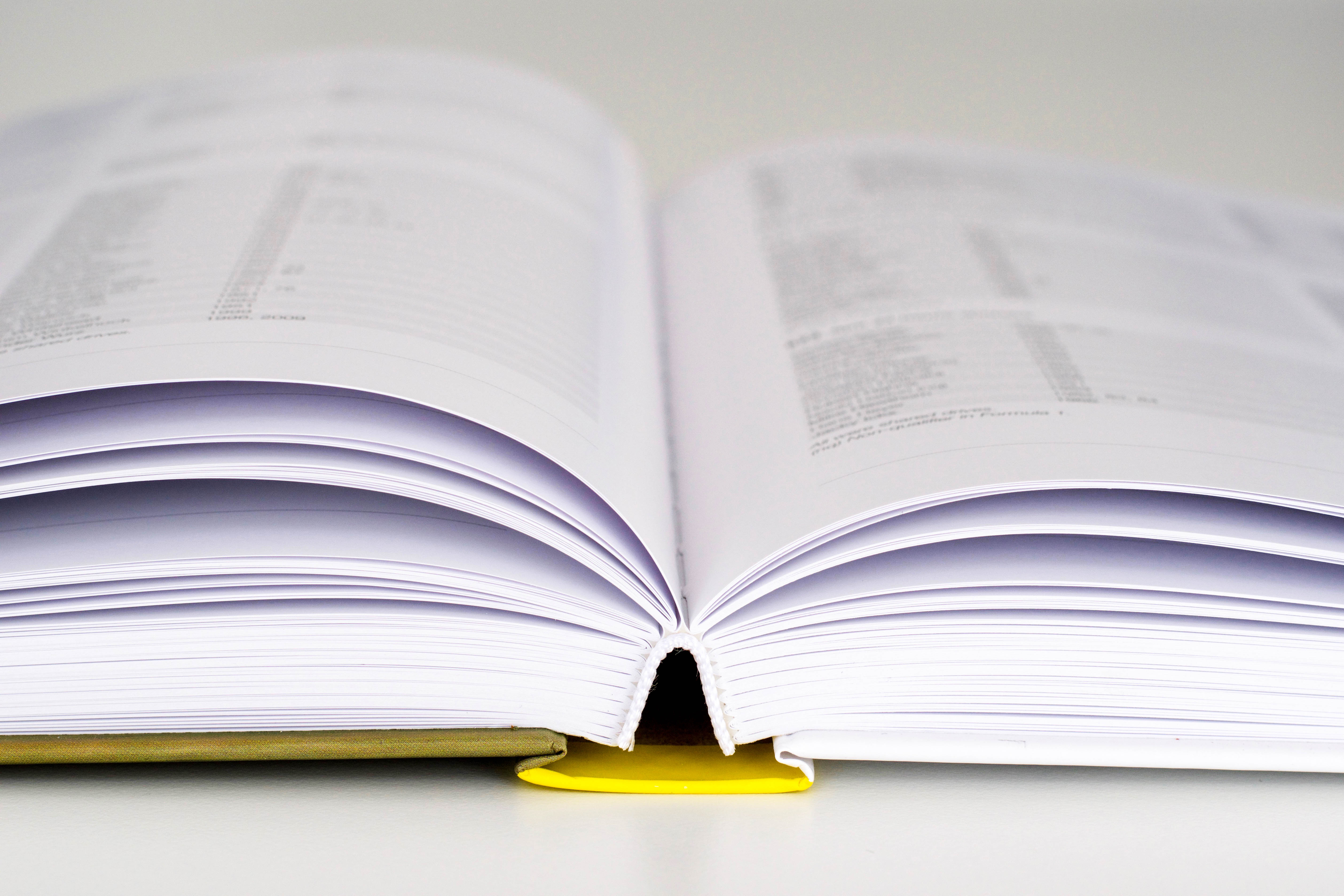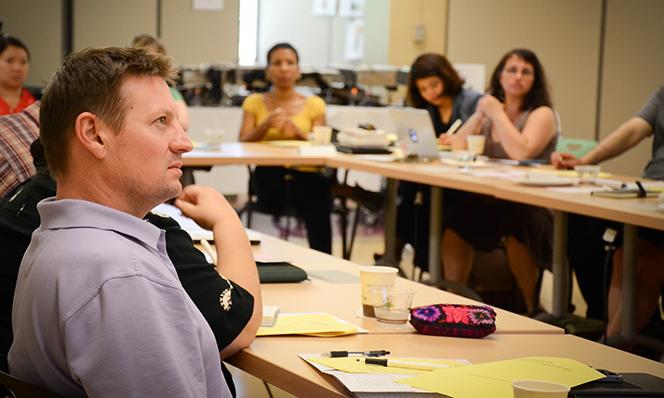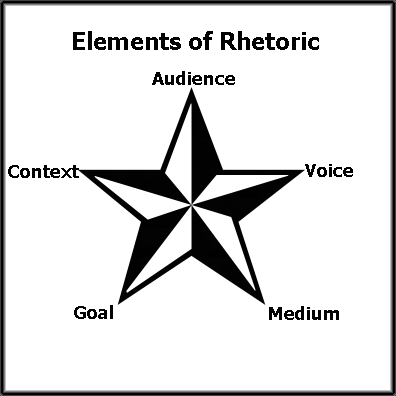
By Artie O’Leary
I have only experienced conversations about reading twice in my entire academic career. I don’t mean that we didn’t talk about the course readings themselves in my classes, we’ve talked quite a bit in many classes about the content of the pieces assigned. But these conversations often focused on content alone: What did the writer say? How is what the writer said different from what another writer said? How did what the writer say about the topic help me to understand important information related to the focus of the class?




